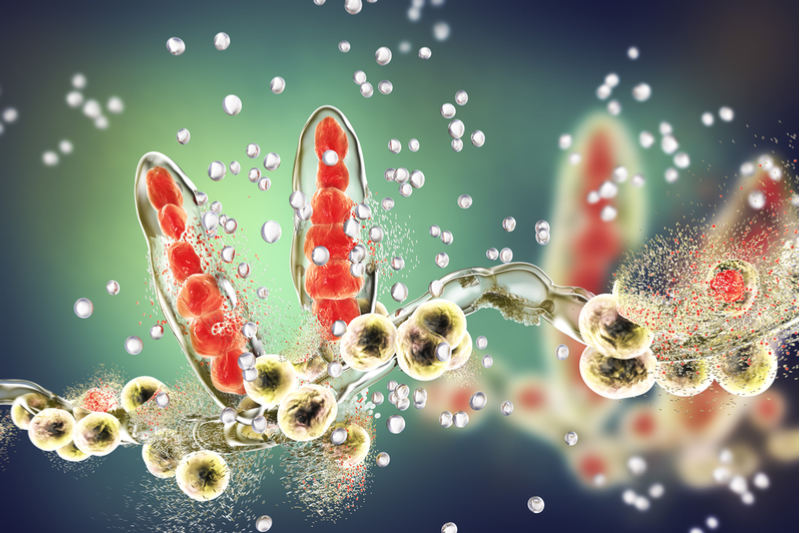German researchers have developed nanoparticles that can protect grapevines from a fungal disease that causes great financial damage to winegrowers each year.
A research team at the University of Mainz, led by Frederik Wurm, has developed a nanotechnology that can protect and heal grapevines from infestation by the fungal disease Esca. The technology is made of nanoparticles that are smaller than a millionth of a meter and filled with a fungicide.
Because Esca infects the vine trunks and decomposes the wood from the inside, spraying fungicides on the surface of plants has no effect on the fungus. To overcome this problem, the nanoparticles are directly inserted into the trunk of the plants. The outer shell of the nanoparticles is made of lignin, one of the main components of wood, it is decomposed by the fungus and releases the fungicide. The approach releases the fungicide slowly and over a long period of time, which could be an advantage in the long-term treatment of the fungus.

“It is almost like a Trojan Horse: the fungus decomposes the shell of our nanocarriers and releases the fungicide that fights it,” commented Wurm.
The research team has now treated over 100 grapevines with their nanoparticles on a vineyard on Germany’s Weinstrasse, or ‘Wine Route’, the largest continuous wine growing area in Germany. Initial results are expected in a few weeks, but the plants will continue to be observed for several years. Wurm and his team have already patented the technology.
Image by symbiot, Kateryna Kon/Shutterstock





